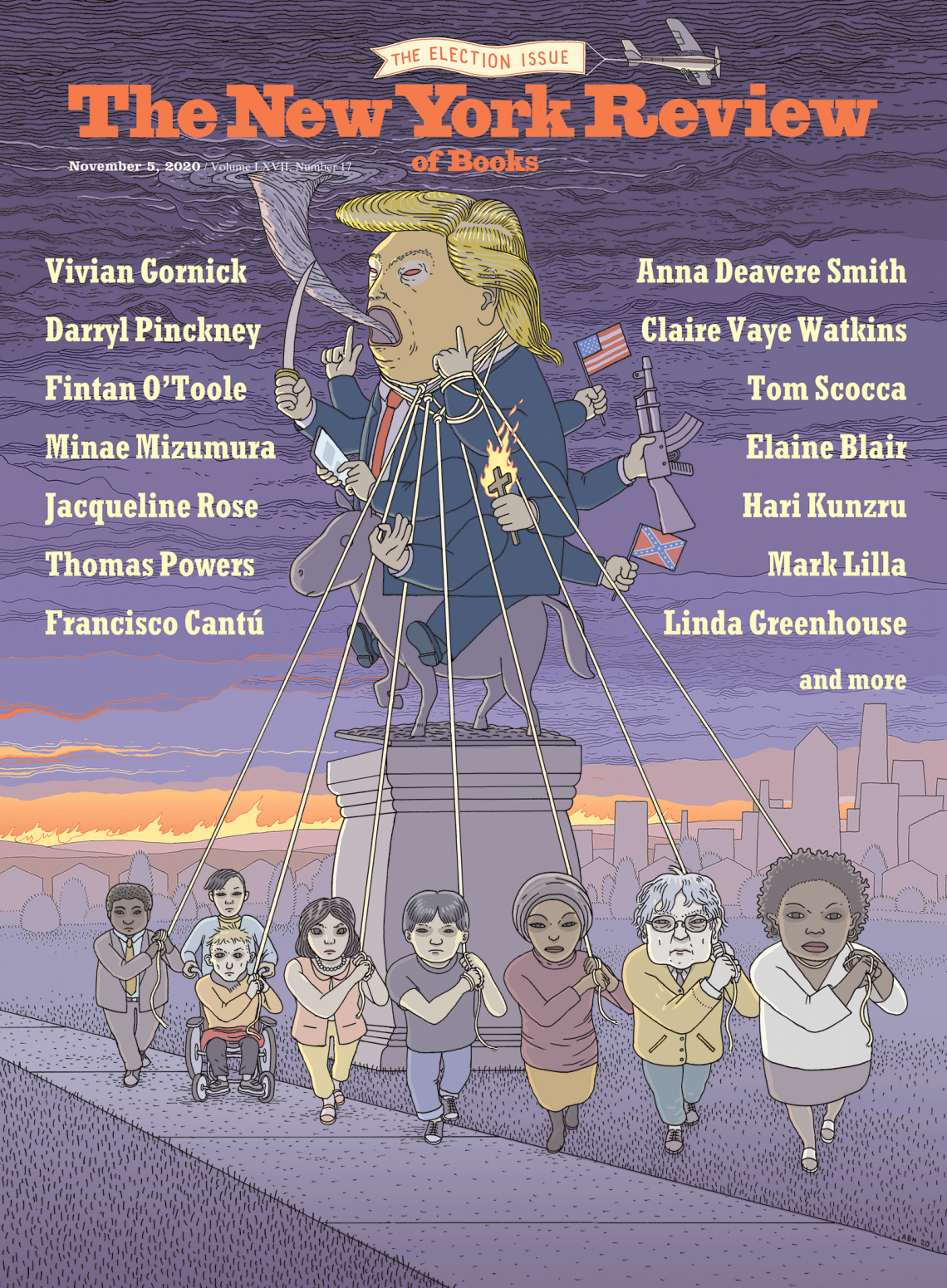Once again, as in 2016, foreign and security policy are almost absent from the presidential campaign. Domestic issues are the overwhelming priorities in this election, as they should be. Nonetheless, ignoring America’s place in the world amounts to a dangerous disregard for the gravity of the choices the next president will make.
The country has nothing approaching, and urgently needs, a clear goal and a strategy for its relations with China, a great-power adversary that is also an economic powerhouse—a combination the US has not confronted before. Its relations with Russia are terrible, mired in mistrust. Both Iran and North Korea have made significant advances in their nuclear programs in the last four years. Signals from Pyongyang suggest that it may soon resume nuclear and ICBM testing after the failure of Trump’s unserious diplomacy. International institutions across the globe are weakened. The US trade deficit has widened. Arms control agreements are disappearing, and the US is making early commitments to a $2 trillion modernization of its nuclear forces, moving away from deterrence and toward nuclear weapons for war fighting. America’s word means less than it ever has, and its international standing has taken a huge blow from chaotic policies abroad and a stunning inability to handle the pandemic at home.
Most of this depressing summary is the result of Trump’s policies. But something larger is involved. The US is in a long, unsettled transition away from its post–World War II approach to global affairs and toward an undefined destination. The old approach, which enjoyed bipartisan support for roughly five decades, assumed that Washington would lead what was then called the free world through military strength, economic largesse, a global network of allies, alliances, and international institutions, and that it would, in addition to pursuing its strictly national interests, strive to advance democracy, capitalism, and human rights worldwide. But since the end of the cold war, economic globalization, the meteoric ascent of China, and the widespread rise of populism have sharply reduced the dominance that made such a strategy possible.
With it has gone the consensus that long underlay US foreign policy. The Senate has been unable to ratify a single multilateral treaty for twenty-five years. The candidates do not address the longer term, but experts are arguing passionately over whether the US should shrink its international ambitions or would damage its interests more by doing too little than by trying to do too much. Moreover, there is no substitute on the global horizon for American leadership. But there can be little doubt that the disappearance of the Soviet enemy, unending wars in the Middle East, slow economic growth, widening inequality at home, and growing domestic needs have weakened most Americans’ interest in exercising international leadership. Trump’s America Firstism recognized a preexisting condition; it did not create it.
If Trump wins this election we will have more of the same: an inexplicable fondness for Russian president Vladimir Putin and a partiality for dictators generally; a disgust for democratic allies and a preference for undoing whatever Trump’s predecessors have built, which could extend to the US pulling out of NATO; and continued incoherence, alternating between fawning praise, belligerence, and withering criticism, in our relations with China. Erratic policies around the world will continue to put misplaced reliance on sanctions and bluster. We will also see a likely end to arms control, continued denial of climate change, policies to weaken international institutions, and a running leap into a new nuclear arms race.
If Biden is elected there will be none of that, which is saying a great deal. He understands the strength that lies in America’s global network of allies and in the institutions the US has built and led to manage trade, financial volatility, global health, nuclear proliferation, and more. But Biden’s decades in government and the policies he has proposed over the past year give cause for a different concern. He seems to imagine a return to the vanished world of the cold war, with Washington “back at the head of the table.” He has promised, for example, to quickly convene a global Climate Summit and a Summit for Democracy, with the US somehow forcing progress by exercising “moral authority” it no longer possesses in either domain.
Such a return to policies of the past is destined to fail. It cannot compare to the costs of more Trumpism, but neither is it what the US—and the world—needs. To succeed as president, Biden would have to do what no one has yet done: for the first time in decades define a new approach to international affairs that reflects current global challenges as well as American resources, influence, and political will.


